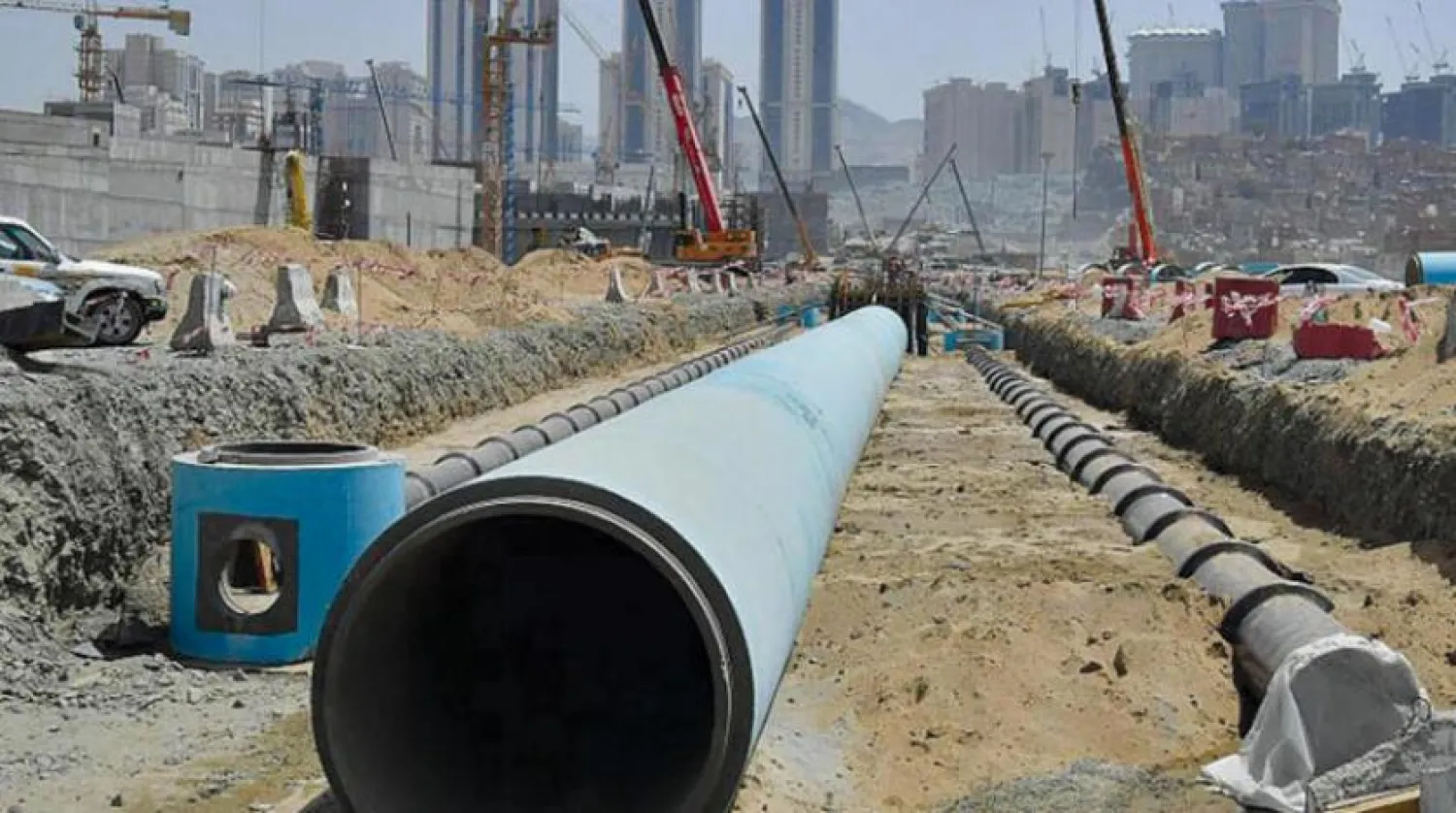The Saudi Shura Council asked the Expenditure Efficiency and Projects Authority to work with the National Center for Performance Measurement (Adaa) to study the inclusion of the Expenditure Efficiency Index within the government entity’s performance indicators.
During its 24th regular session on Monday, the Council asked the authority to prepare an integrated study in order to identify all gaps and ensure efficient government spending in all projects.
Speaker Dr. Abdullah Al-Sheikh chaired the session during which the members discussed the recommendations presented by the Council’s financial committee.
In this regard, Shura Council member, Eng. Ali Al-Qarni, told Asharq Al-Awsat that the new move aimed at improving the effectiveness of expenditures in the government to achieve the objectives of the financial budget through the optimal use of state resources.
He added that this step would help attain the best service and the highest quality in return for the generous spending provided by the government.
According to Al-Qarni, achieving expenditure efficiency was one of the important strategic pillars to reach financial balance through a body that works to supervise and support government agencies to enable them to develop their initiatives and remove obstacles hindering their implementation.
The body will also propose the necessary legislation, tools, regulations and frameworks to ensure sustainability through practical strategies and methodologies according to the best international practices.
Achieving spending efficiency will have an economic and developmental impact on government spending especially in government and technology procurement, digital transformation and the initiatives of Vision 2030, the Shura Council member said.









